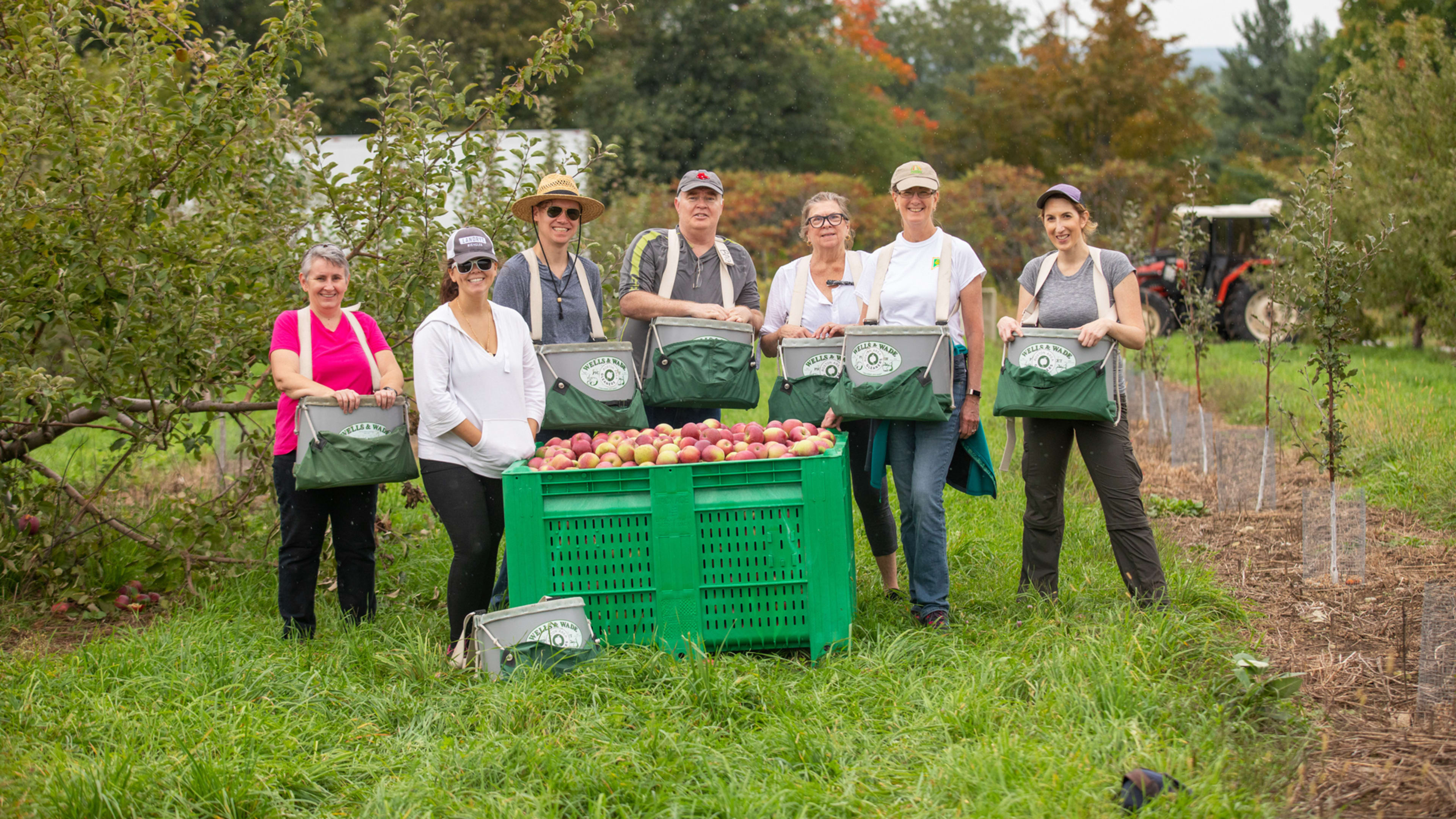When food banks rescue extra food from grocery stores or restaurants, the process can be decidedly low-tech—relying on volunteers who may or may not be available to make deliveries, funding that’s unpredictable, and little technology. Some food pantries still don’t even have an internet connection. But a new startup accelerator that is focusing specifically on food waste wants to find new solutions and help them scale up
It’s one way to deal with the larger problem of food waste. “As we look at the challenge of food waste and food insecurity, the reality is that every year, $218 billion is spent growing, processing, transporting, and disposing of food that is never eaten,” says Alexandria Coari, director of capital and innovation at ReFED, an organization focused on reducing food waste, which launched the new accelerator in partnership with +Acumen, an educational initiatve of Acumen, the nonprofit investment company. “At the same time, there’s 40 million Americans facing food insecurity. So this disparity to us presented a real opportunity for an accelerator program, to help identify, support, and ultimately validate viable solutions at this intersection of food waste, food recovery and food insecurity.”

ReFED studies solutions throughout the food system, beginning with how to prevent food waste in the first place. But it saw a particular need to help with food recovery. “There’s a historical reliance among this sector to to rely on capital-intensive physical infrastructure, volunteer labor, and also an underutilization of technology solutions, which has an impact on their ability to scale,” she says. The new program, called the Nonprofit Food Recovery Accelerator, is giving 10 nonprofits financial support and leading them through a custom curriculum that focuses on ideas like finding new revenue models and developing technology through human-centered design.
The first cohort includes nonprofits like Plentiful, a digital system that makes Open Table-like reservations at food banks so people who need to pick up food don’t have long waits in line, and Replate, which works with on-demand delivery services like DoorDash to pick up food donations from businesses as efficiently as possible. Others are more established food banks that are transforming themselves, like Philabundance, a food bank that has worked in Philadelphia since 1984. Throughout the accelerator, which begins this month, the nonprofits will also have access to a network of 50 experts in the field. “The aim at the end of the day is to equip these participants with a knowledge network and capital that they need to scale their impact,” says Coari.
Recognize your brand’s excellence by applying to this year’s Brands That Matter Awards before the early-rate deadline, May 3.
